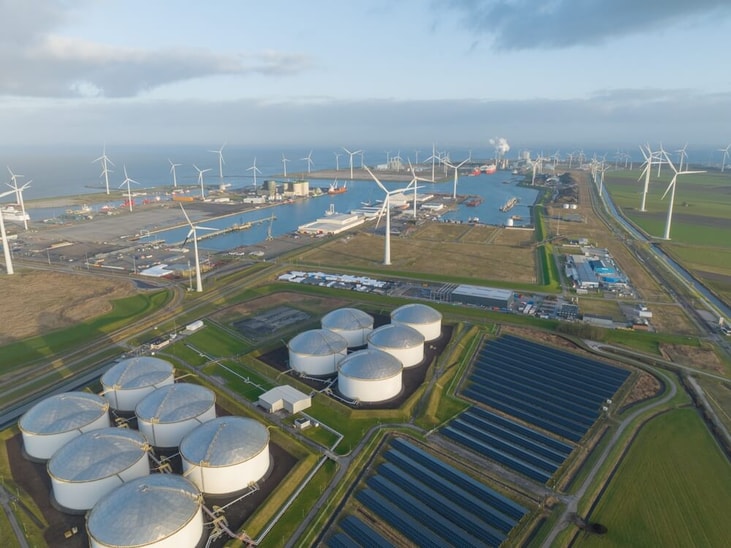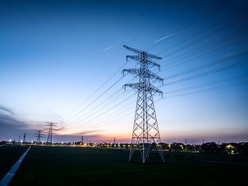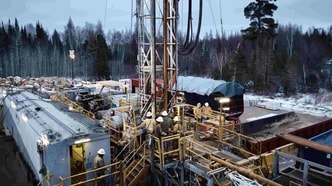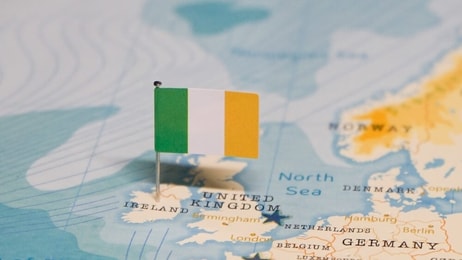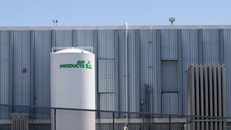Energy security is a key factor in the energy transition
What’s the state of play with energy security today, and what will it mean for clean energy and the energy transition, where industrial gas intersects with the energy market?
After a tumultuous first quarter, energy security is looking increasingly complex, following a series of moves shining a light on protectionism, free trade, supply chain security, critical infrastructure, economic stability and industrial strategy.
The shift in global dynamics has coincided with the arrival of the new US administration. US tariffs, which remain a work in progress, are set to redraw international trade flows, though the lasting consequences may not be understood for months or possibly years.
But there are broader challenges that attach. Economic pressures have led to increased scrutiny on Net Zero targets, in a world where cracks in different approaches are developing into chasms. Despite the universal desire to develop green energy, it’s fair to say the environment is playing second fiddle to economics in the current climate.
... to continue reading you must be subscribed

